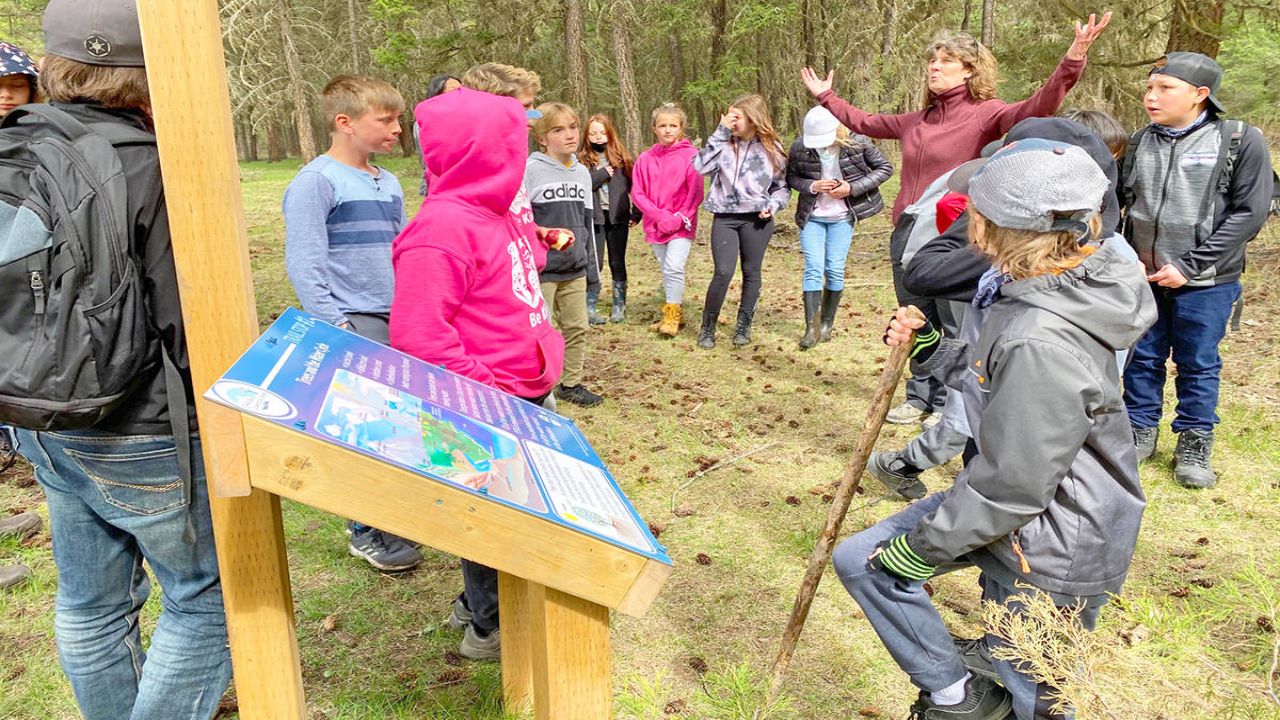Organizing a successful school event requires careful planning and execution. From coordinating logistics to engaging participants, every aspect plays a crucial role in ensuring the event’s success. By following a structured approach, you can navigate the complexities of event planning and create a memorable experience for everyone involved.
Start Early

One of the key elements in planning a successful school event is to start early. Begin the planning process well in advance to allow ample time for preparations. Early planning provides the opportunity to secure necessary resources, such as venues, equipment, and volunteers. It also allows for flexibility in case unexpected challenges arise. By initiating the planning process early, you establish the groundwork for a smoother and more organized school event, whether it takes place at one of the schools in Singapore or in another country.
Define Your Purpose
Before diving into the details, clearly define the purpose of the event. Whether it’s a fundraiser, cultural celebration, or academic competition, having a well-defined purpose helps guide the planning process. Understanding the goals and objectives of the event allows you to tailor every aspect to align with the intended outcomes. This clarity ensures that the event serves its purpose and leaves a lasting impact on attendees.
Collaborate with Stakeholders

Effective collaboration is instrumental in the success of any school event. Engage with various stakeholders, including teachers, students, parents, and community members. Seek input and feedback to incorporate diverse perspectives into the planning process. Collaborating with stakeholders not only enhances the overall experience but also fosters a sense of community involvement. By involving everyone, you create a more inclusive and participatory atmosphere.
Create a Detailed Timeline
A well-structured timeline is essential for keeping the planning process on track. Break down the tasks and responsibilities into manageable steps, assigning specific deadlines for each. This approach helps prevent last-minute rushes and ensures that every detail is attended to. Be realistic in setting timelines, considering the resources and manpower available. A detailed timeline serves as a roadmap, guiding the planning team through the various stages of preparation.
Promote Effective Communication
Clear and effective communication is a cornerstone of successful event planning. Establish open lines of communication with all involved parties, ensuring that everyone is informed and aware of their roles and responsibilities. Utilize multiple communication channels, such as emails, social media, and bulletin boards, to disseminate information. Regular updates and reminders keep everyone on the same page, reducing the likelihood of misunderstandings and ensuring a cohesive planning process.
Evaluate and Learn
After the event concludes, take the time to evaluate its success. Solicit feedback from participants, volunteers, and other stakeholders to gain valuable insights into what worked well and areas for improvement. Conduct a thorough debriefing session with the planning team to discuss challenges faced and lessons learned. This post-event evaluation not only contributes to the continuous improvement of future events but also provides a sense of closure and accomplishment for the planning team.
In conclusion, planning a successful school event requires a proactive and strategic approach. Starting early, defining the purpose, collaborating with stakeholders, creating a detailed timeline, promoting effective communication, and conducting a thorough evaluation are key steps in ensuring the event’s success. By following these guidelines, you can navigate the complexities of event planning and create an enriching experience for everyone involved.